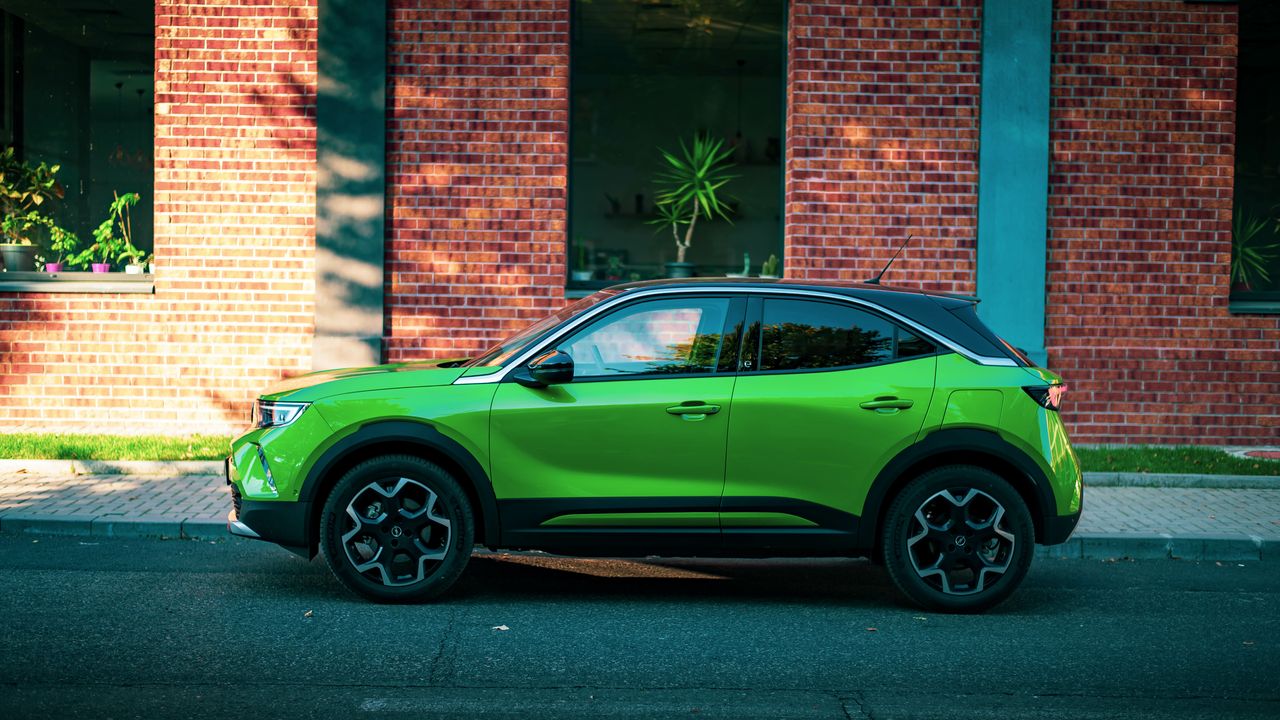Electric Car Leasing vs. Buying: Understanding EV Leasing and End-of-Lease Options
As electric vehicles (EVs) gain popularity, more and more people are considering making the switch to these eco-friendly cars. However, one question that often arises is whether it is better to lease or buy an electric car. In this article, we will explore the pros and cons of EV leasing and buying, as well as the end-of-lease options and long-term costs associated with each.
EV Leasing
Leasing an electric car can be an attractive option for many reasons. Firstly, leasing allows you to drive a new EV without the upfront cost of purchasing one. Instead, you pay a monthly lease payment, which is typically lower than a loan payment for buying a car.
EV leasing also offers flexibility. Most lease terms are around three years, which means you can upgrade to a newer model once your lease ends. This allows you to take advantage of advancements in technology and enjoy the latest features and improvements in EVs.
Additionally, leasing an electric car eliminates the worry of long-term maintenance costs. Since most leases last for the duration of the manufacturer’s warranty, any repairs or maintenance needed during that time are usually covered. This can provide peace of mind and save you money in the long run.
End-of-Lease Options
When your EV lease comes to an end, you have several options to consider. One option is to return the car to the dealership and lease a new model. This allows you to continuously drive the latest EVs without the hassle of selling or trading in your vehicle.
Another option is to purchase the leased vehicle at the end of the lease term. If you have grown attached to your electric car and want to keep it, this can be a great choice. The purchase price is typically predetermined in the lease agreement, so you know exactly how much you will need to pay.
Alternatively, you can choose to return the leased vehicle and explore other EV options. This is a good choice if you want to try a different make or model or if you are considering switching to a different type of vehicle altogether.
Buying an Electric Car
While leasing an electric car has its advantages, buying one also has its merits. When you purchase an EV, you have full ownership and can use it for as long as you desire. This is a good option for those who plan to keep their electric car for an extended period.
Buying an electric car also allows you to customize and modify it to your liking. You can personalize the vehicle to suit your preferences and needs, which is not possible with a leased car.
However, it’s important to consider the long-term costs associated with owning an electric car. While you won’t have monthly lease payments, you will be responsible for maintenance and repair costs once the manufacturer’s warranty expires. It’s essential to factor in these expenses when deciding between leasing and buying.
Conclusion
When it comes to electric car leasing vs. buying, there is no one-size-fits-all answer. It ultimately depends on your personal preferences, financial situation, and long-term goals. Leasing offers flexibility, lower monthly payments, and the ability to drive the latest models. On the other hand, buying provides ownership, customization options, and the potential for long-term savings.
Consider your priorities and evaluate the end-of-lease options and long-term costs to make an informed decision. Whether you choose to lease or buy, embracing electric vehicles is a step towards a greener and more sustainable future.
